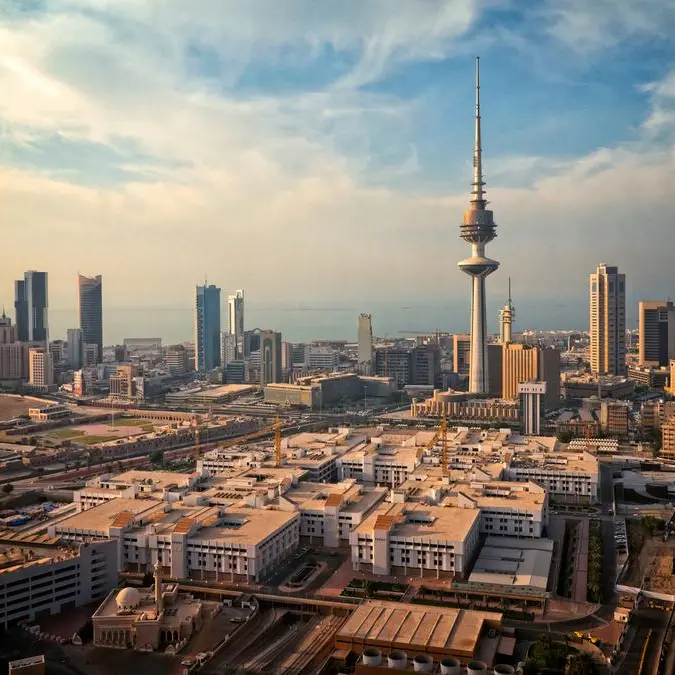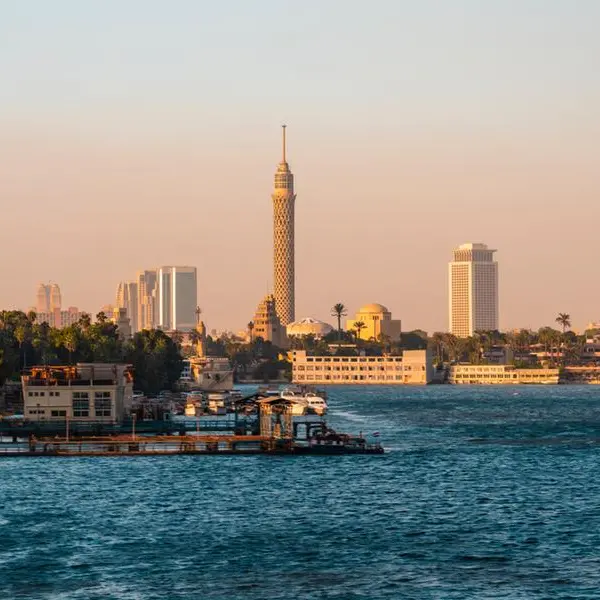PHOTO
RIYADH — The Saudi Arabian Monetary Authority (SAMA) expects a negative impact from the COVID-19 pandemic and the resulting global recession on the Saudi economy, amid the slump in oil prices and low demand due to suspension of travel and economic activities.
However, the negative impact would likely be mitigated by the strong measures taken by various Saudi authorities, SAMA added.
The global oil market developments continue to pose a challenge to the Saudi economy in the coming year due to expected decline in global demand caused by the containment measures of the COVID-19 outbreak and the uncertainty regarding the duration of market disruption, the Saudi Central Bank said in the financial stability report 2020.
Overall, the Saudi macro financial position remains stable. Saudi Arabia still maintains ample government reserves and low debt-to-GDP ratio compared to other G20 countries, which indicate a sustainable fiscal space for further budget financing.
The large fiscal space and reserves put Saudi Arabia in a good position to support the domestic economy and cushion it against the inherent economic risks, the report added.
Looking forward, inflation is expected to return to a positive range in 2020 despite the decline in local demand for most economic activities due to the precautionary measures that have been taken to limit the spread of COVID-19.
International food prices are expected to rise due to global value chain distortions as a result of the COVID-19 precautionary measures applied globally.
In addition, the government initiative to help private sector companies to keep paying wages by facilitating their access to banking loans, as well as exempting them partially from the expat levy or paying 60% of Saudi employees’ wages for three months which started May 2020 will contribute to maintaining consumption levels, particularly, for essential goods and services.
The authority added that among the additional factors that will also contribute to this upward pressure on inflation are applying fees for sweetened drinks, which were applied from Q4 2019, lifting subsidy on poultry feed which began in early 2020, and raising Value-Added Tax (VAT) from 5 to 15% that is set to take effect starting July 2020.
Elsewhere, SAMA said that financial safety indices indicate the banking sector's durability and high ability to cope with economic shocks.
Taking into account the prospects of the local and global economy, the banking sector will witness a decline in its activities, which will be reflected negatively on the profitability levels, in addition to the expected rise in the levels of default, and given the good financial position of the banking system, this effect is not expected to be significant.
The possibility of lower levels of financial safety indicators to less than international requirements is not considered, the report included.
When it comes to insurance sector, the overall profitability is still low, SAMA also said, expecting that corona's impact on the insurance market will be moderate due to its high concentration in non-life insurance activities and limited exposure to global financial markets. — SG





















